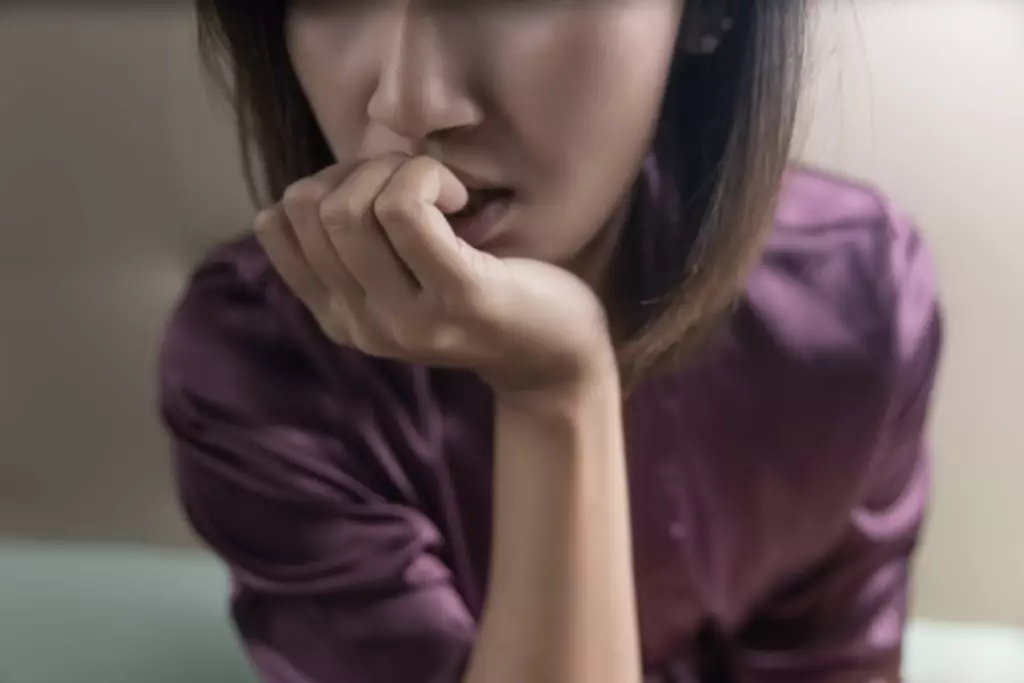Does Drinking Alcohol Cause Nasal Congestion? HowStuffWorks
This allows toxins to build up, resulting in facial flushing and other alcohol intolerance symptoms. If you find that certain drinks trigger your sneezing, try switching to a different type of alcohol. For example, if wine makes why do i sneeze when i drink alcohol you sneeze, try drinking vodka or gin instead. Likewise, if beer makes you sneeze, try drinking vodka or gin instead. And if cocktails make you sneeze, try making your own with fresh fruit juices instead of pre-made mixes.

What to Know About Gustatory Rhinitis

For example, aged cheese, smoked meats, sauerkraut, wine, and beer tend to be high in histamines. If you have an allergy, your immune system over-reacts to contact with a trigger or “allergen.” If you have an alcohol allergy, your immune system treats alcohol as a threat. It responds to alcohol by producing antibodies known as immunoglobulin E (IgE). However, a person is usually allergic or intolerant to certain ingredients in the drink, rather than the alcohol itself. An allergy or intolerance to alcohol is not always responsible for symptoms occurring after drinking alcohol.
Allergens in Wine
We will also look at what causes alcohol allergies and review the differences between alcohol allergy and intolerance. People with an alcohol allergy should exercise caution when eating or drinking anything that they have not prepared themselves. Some signs of anaphylaxis include swelling, itching, tightening of the throat and mouth, a weak or rapid pulse, fainting, shock, and loss of consciousness. These range from heart and liver damage to a greater risk of certain cancers.
How does alcohol affect allergies?
Alcohol-induced sneezing can occur even without having an alcohol allergy. It is best to consult a healthcare professional for a proper diagnosis if you suspect an alcohol allergy. No, alcohol-induced sneezing and alcohol flush reaction are two distinct phenomena. Alcohol flush reaction refers to facial flushing and other uncomfortable symptoms experienced by individuals who have difficulty metabolizing alcohol.
Medical Professionals
- Some signs of anaphylaxis include swelling, itching, tightening of the throat and mouth, a weak or rapid pulse, fainting, shock, and loss of consciousness.
- When you have a drinking problem, your brain reacts to these triggers differently than a social drinker’s does.
- If a person is allergic to a particular ingredient found in some drinks, they could switch to drinks that do not contain it.
- Depending on whether a person has an alcohol allergy or intolerance, they may need to avoid alcohol entirely.
- If you have a true alcohol allergy, the only way to avoid symptoms is to avoid alcohol entirely.
- Rarely, severe pain after drinking alcohol is a sign of a more serious disorder, such as Hodgkin’s lymphoma.
The study found that the effects of sulfites in wine can vary from mild to severe. The most common symptoms reported by those with sulfite sensitivity are nausea, headaches and skin rashes. In extreme cases, symptoms such as difficulty breathing and anaphylaxis have been reported. It’s important to be aware of this potential reaction before drinking white wine, as it could lead to an unpleasant experience. While some drinkers may never experience any irritation from white wine, others may find that it triggers a sneezing reaction. If this occurs, it might be best to switch to red wine or to try drinking white wine in moderation.
Unfortunately, nothing can prevent reactions to alcohol or ingredients in alcoholic beverages. To avoid a reaction, avoid alcohol or the particular substance that causes your reaction. People with alcohol intolerance may also experience nasal congestion after drinking alcohol. Next to flushing, a stuffy nose is the most commonly reported symptom of alcohol intolerance. Your nose may run or feel congested, and some people also sneeze after drinking.
- So, Pepcid may prevent alcohol flush reaction, but it’s a risky strategy.
- Simply avoid alcohol, limit how much you drink or avoid certain types of alcoholic beverages.
- Common allergens in beer include gluten, histamine, sulfites, and yeast.
- It can be uncomfortable, but it’s not an immune system response and isn’t as serious.
- Wine makers must carefully balance the use of sulfates with the acidity levels to create a pleasant flavor profile without compromising its shelf life.
- If you might have an intolerance instead of an allergy, you could see a gastroenterologist, a healthcare provider specializing in digestive issues.
- An allergic reaction may cause a variety of symptoms involving the skin, the gastrointestinal system, and the respiratory system.
- People may also have an allergic reaction to specific ingredients in alcoholic drinks rather than the alcohol itself.
Taking Pepcid before drinking is a popular strategy for preventing the alcohol flush reaction. However, allergies to certain ingredients in alcohol can sometimes resemble alcohol intolerance. This is why red wine in particular has been known to cause sneezing. Some people may be more sensitive to the tannins https://ecosoberhouse.com/ than others, making them more likely to experience this reaction after drinking a glass of red wine. To reduce the likelihood of sneezing from red wine, some experts recommend choosing wines with lower levels of tannins. This can be done by avoiding heavily-oaked wines or those with a higher alcohol content.
5 expert tips to help you survive the winter holidays with allergies and asthma – ACAAI Public Website – American College of Allergy Asthma and Immunology
5 expert tips to help you survive the winter holidays with allergies and asthma – ACAAI Public Website.
Posted: Thu, 16 Nov 2023 08:00:00 GMT [source]
